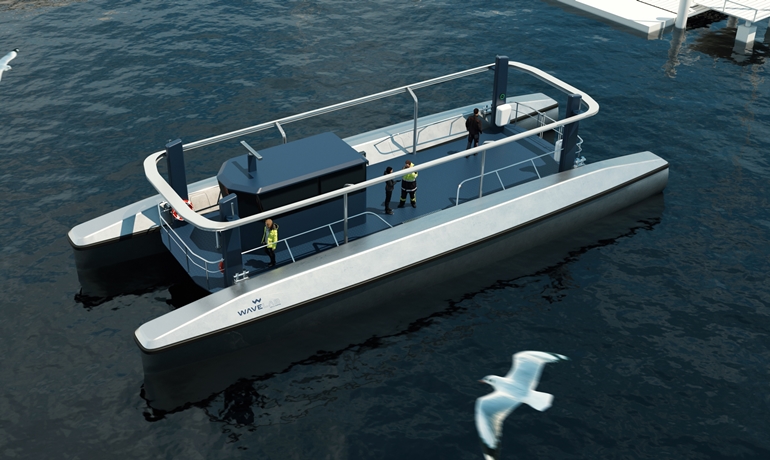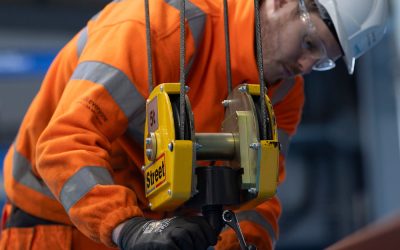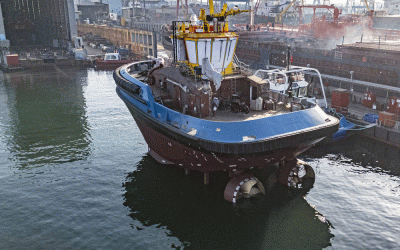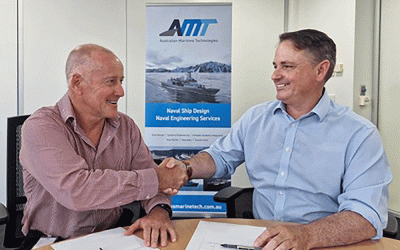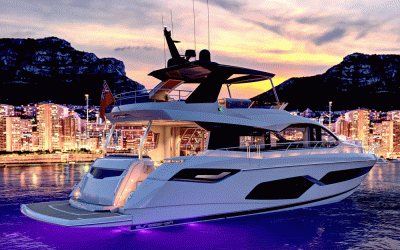The German port city of Kiel is preparing for a green-fuel shake-up, courtesy of the Clean Autonomous Public Transport Network (CAPTN) project. Initiated by Kiel University, CAPTN aims to create the infrastructure for “an integrated inner-city mobility chain” of autonomous and environmentally friendly modes of transport, incorporating both riverine and road-based traffic.
To establish and grow a suitable fleet for the city, the CAPTN partners have commissioned local shipyard Gebrüder Friedrich to build an autonomous vessel to serve as an experimental testbed for the future development of crew-free, electric water taxis. Scheduled for launch in late 2022, and to operate on the Kiel Fjord, the newbuild, dubbed the Wavelab, was designed by a student at the Muthesius University of Fine Arts and Design. The boat will comprise an aluminium catamaran with a length of approximately 21m, a breadth of approximately 8m and a draught of approximately 1m.
As a floating R&D platform, the Wavelab will not carry any passengers itself. Crucially, though, the craft will grant companies, universities and operators a live, real-world overview of how an autonomous vessel would perform within an inner city transportation network, to help developers to create a checklist of considerations to inform future boat designs and equipment selection.
The Wavelab has been designed in a modular fashion, in order to provide a high degree of flexibility when it comes to conversions and exchange of components. Upon delivery, the Wavelab will be fitted for pure electric operations, incorporating an electric powertrain supplied by e-motor specialist Torqeedo. This will comprise two 50kW Deep Blue steerable thrusters, powered by six Deep Blue lithium-ion batteries with a combined capacity of 240kWh. Additionally, four Torqeedo Power 24-3500 batteries will feed the boat’s 24V onboard grid, and the supply package will include a 22kW fast charger plus DC/DC and DC/AC converters.
Sönke Stich, sales manager at Gebrüder Friedrich, tells Ship & Boat International: “The Wavelab will be driven by batteries only at this point, as the autonomous operation of the vessel is the main focus of the project now.” However, Stich explains, the future may see the Wavelab incorporate an additional hydrogen fuel cell, and there will be provision for research into, and possible retrofitting of, liquid organic hydrogen carrier (LOHC) technology at a later date.
For autonomous transit tests, the Wavelab will be equipped with cameras and lidar sensors, accommodated within a height-adjustable sensor level for seamless, all-round coverage. While the Wavelab will be equipped for remote-control operations from a shore-based command centre, the catamaran will also offer the option of a central interface unit on the deck, which can used to directly control and monitor all onboard components from the boat. Data and information can be relayed from the Wavelab to a shore-based command centre, and/or made available to the public on local shoreside display screens.
